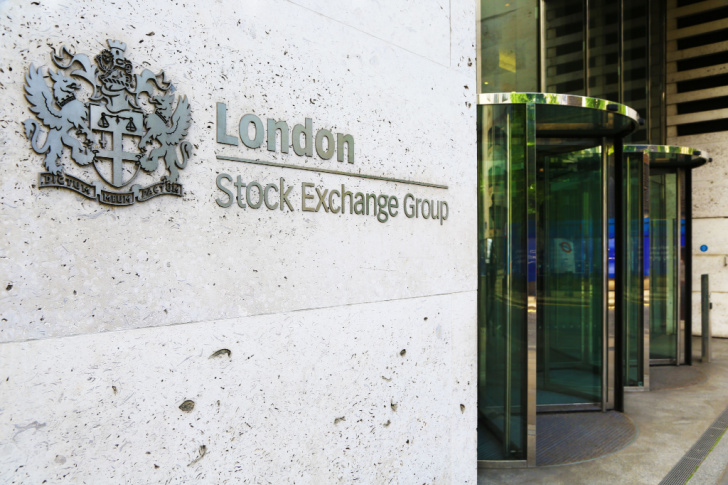Companies look for alternative options to IPO as market stagnates
Businesses are weighing up their options after deferring their IPOs till 2023
Businesses are weighing up their options after deferring their IPOs till 2023

Companies are looking at alternative options to initial public offerings (IPOs) after stalling their initial stock offerings due to macroeconomic instability in the market.
Rising inflation, persistent supply chain concerns and political uncertainty is casting a dark cloud over the market which has seen 87% of fast-growing UK businesses delay their IPOs, according to research by Coupa.
“At one point earlier in the year we had quite a good pipeline of companies looking to IPO this autumn,” says Simon Olsen, partner in Deloitte’s equity capital markets group.
“Most of those have now deferred their IPO into 2023 or are pursuing alternative options or are taking on multiple options at the same time.”
Law firm Mishcon de Reya spent £11.715m on “the preparation for a potential listing on the London Stock Exchange”, according to its annual accounts filing on Companies House. The law firm’s plans have since been put on hold “for the foreseeable future”.
Similarly, Georgon Willoughby – chief executive of European internet-based file transfer platform WeTransfer – said at the beginning of the year that the company was cancelling its IPO on the Euronext Amsterdam exchange due to “volatile market conditions.”
Companies are currently weighing up their options and exploring whether there are private equity or strategic buyer routes available – as well as a potential IPO in the future, says Deloitte’s Olsen.
Furthermore, companies that have not yet started their IPO journey are looking at whether they aim for 2023 or hold off till 2024 when there is a hope of greater stability, he says.
“Certainly, larger companies that have not commenced an IPO process, and for whom the IPO process would be fairly intensive, are probably now looking at 2024 and therefore beginning the preparatory work now and going at maybe a slower pace than they would have done if they’d had confidence in the markets in 2023,” Olsen says.
In the meantime, this is an opportunity for finance teams to evaluate their processes to prepare for new financial reporting requirements they will face under being a listed company, says Tony Tiscornia, CFO at Coupa.
“It is not necessarily a time to stop, it is a time to be thoughtful about the investments you are making into your business and an opportunity for companies that were rushing to do an IPO to really make sure their back-office infrastructure, such as reporting systems, can operate much more seamlessly with more accuracy and speed,” he says.
Tightening up processes can help to “speed up the time of closing of the books” and “manage the numbers better” which supports in managing the company’s financial results with better visibility and control, he says.
Similarly, Olsen says companies contemplating an IPO should still prepare for windows of opportunity in the markets as any window “will be fairly short”.
Geopolitical events in Ukraine and Russia tied with an “impending threat of domestic recessions in quite a number of geographies around the world [and] uncertainty around quite a lot of geopolitical disruption” have aggravated the markets, says Olsen.
The stagnation of activity is a stark contrast to 2021, which saw the best year for IPOs since 2007. The London Stock Exchange reported 26 issuers raised £595 million in the first six months of 2022, in comparison to 47 issuers who raised £9.4 billion in the same period last year.
Similarly, the global IPO markets raised $95.4 billion across 630 IPOs in the first half of this year, according to EY’s market update. “This represents a 58% valuation drop when compared year-on-year and is 46% lower in terms of the number of IPOs,” it said.
Those listed on the stock exchange are also experiencing trouble with share prices amid market instability.
Food delivery company Deliveroo’s IPO has been branded the “worst IPO in history” by experts after market instability saw the company’s share prices fell by almost £2bn since its listing in March 2021.
Such volatility is expected to continue through to 2023 but “maybe less than we’ve seen in 2022”, predicts Olsen.